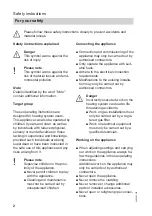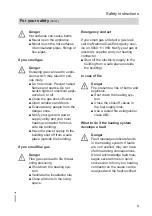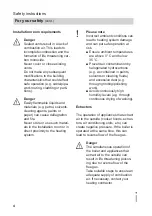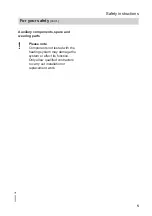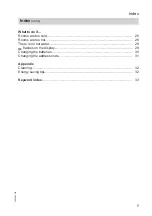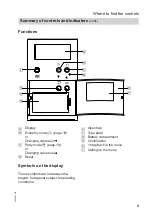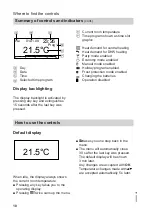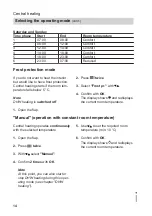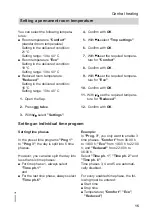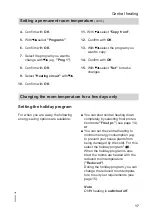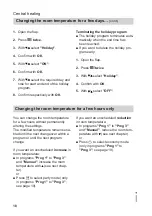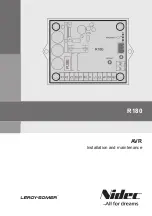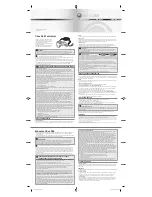
3
Danger
Hot surfaces can cause burns.
■ Never open the appliance.
■ Never touch the hot surfaces
of uninsulated pipes, fittings or
flue pipes.
If you smell gas
Danger
Escaping gas can lead to explo-
sions which may result in seri-
ous injury.
■ Do not smoke. Prevent naked
flames and sparks. Do not
switch lights or electrical appli-
ances on or off.
■ Close the gas shut-off valve.
■ Open windows and doors.
■ Evacuate any people from the
danger zone.
■ Notify your gas and power
supply utility and your local
heating contractor from out-
side the building.
■ Have the power supply to the
building shut off from a safe
place (outside the building).
If you smell flue gas
Danger
Flue gas can lead to life threat-
ening poisoning.
■ Shut down the heating sys-
tem.
■ Ventilate the installation site.
■ Close all doors in the living
space.
Emergency contact
If you smell gas or detect a gas leak
call the National Gas Emergency serv-
ice on 0800 111 999. Notify your gas or
electricity supplier and your heating
contractor.
■ Shut off the electricity supply to the
building from a safe place (outside
the building).
In case of fire
Danger
Fire presents a risk of burns and
explosion.
■ Shut down the heating sys-
tem.
■ Close the shut-off valves in
the fuel supply lines.
■ Use a tested fire extinguisher,
class ABC.
What to do if the heating system
develops a fault
Danger
Fault messages indicate faults
in the heating system. If faults
are not rectified, they can have
life threatening consequences.
Do not acknowledge fault mes-
sages several times in quick
succession. Inform your heating
contractor so the cause can be
analysed and the fault rectified.
Safety instructions
For your safety
(cont.)
5699 292 GB


